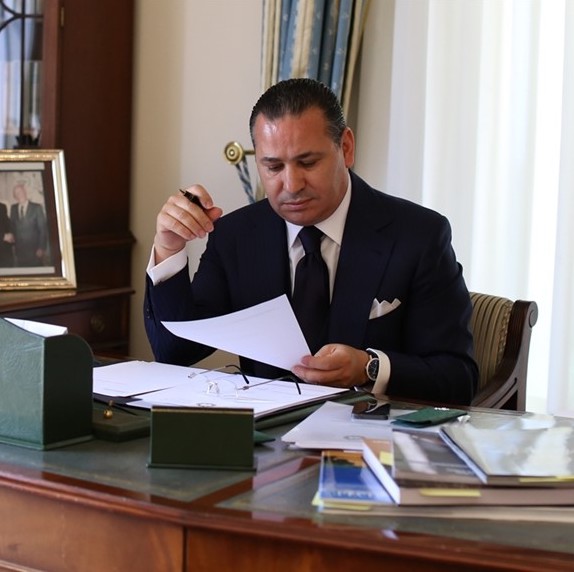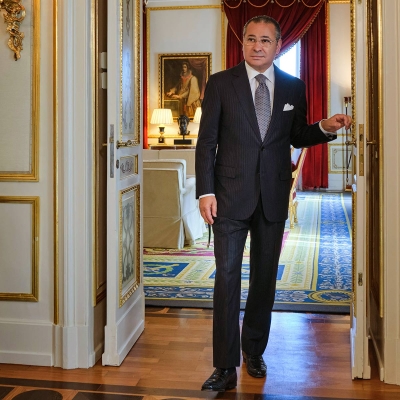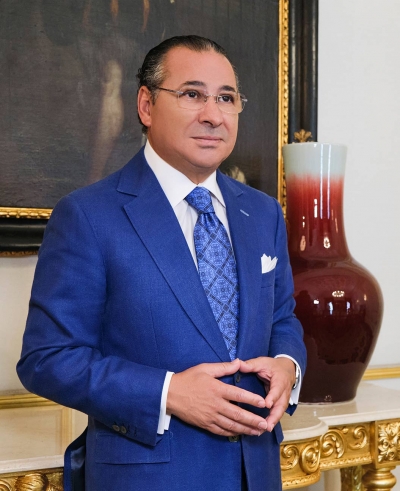
The consistent failure of the European Union to address the ongoing influx of asylum seekers to Italy has resulted in a groundswell of political resentment both towards the EU as an entity itself, as well as towards traditional forms of institutional politics. That Italy as a nation chose to elect the M5S and Lega government on the 4th of March 2018, speaks volumes about how Italian citizens on all sides of the political spectrum felt that their national interests had been sacrificed in favour of other, more powerful EU member states. Indeed, it is my belief that the real deterioration in relations began when the EU-Turkey agreement was forged, in what was described by observers at the time as ‘an atmosphere of palpable panic’.
Once implemented, the deal was essentially forced upon Turkey and effectively abandoned the weaker member states within the EU to deal with brunt of the immigration crisis. Despite numerous calls from Italian ministers and MPs since 2015, all pleas seemed in vain and a distinct lack of solidarity from the stronger member states within the EU was clearly perceived, as the weaker states struggled to cope with the waves of refugees arriving on their shores. The inevitable result of this perceived abandonment was an exasperated public that no longer trusted the EU in the wake of a series of undelivered promises.
In Italy, such exasperation manifested itself in a loss of faith in the government’s ability to address the difficulties presented by the crisis and a consequent political and social malaise that combined to bring into power the new coalition government. In its defence, the EU could reasonably argue that deals made in Brussels are quickly forgotten as soon as the individual member states return to their capitals; it is also true to say that building any new bureaucratic system takes time where a pre-existing infrastructure is absent. Yet, there is nonetheless a strong feeling that EU policy makers resoundingly failed to tackle the immigration problems.
I am now curious to see if and how Italy’s new government will attempt to address the existing protocol. Being a foreign national myself, I can understand that any immigration policy has to be balanced and that mass and uncontrolled immigration is a potential risk to national security and public safety, as it makes it all too easy for criminals, traffickers or terrorists to slip through unnoticed among the genuine refugees and economic migrants. Nonetheless, I also hold true the belief that every challenge comes with an opportunity. If employers, big or small, together with public and institutional partners can find a way to push the labour market integration of migrants, then I believe we can successfully facilitate true integration.
If the right policies are adopted then the successful and legal integration of immigrants can bring with it many benefits, such as strengthening the performance of the labour market – something many EU nations desperately need. Again, if done conscientiously successful integration can increase crucial fiscal support in the form of a younger workforce that could, for example, sustain aging populations across the EU. Therefore, the legal and carefully considered integration of immigrants is essential if we are to maximise the manifold economic opportunities available.
Nation states within the EU should be cooperating with countries such as Italy to develop common approaches and strategies that help to foster initiatives such as mutually favourable trade agreements. In order for any widespread economic potential to be realised within the individual EU member states, private and public enterprises must work closely with trade unions, government institutions and chambers of commerce. Such cooperation would promote the creation of feasible initiatives, such as the sponsorship of young immigrants through subsidised internships, or the support of employees across all sectors from unskilled labour to skilled and highly trained professionals, would have to be carefully planned and implemented.
Nevertheless, such initiatives only provide part of the solution. History has shown us that people have always migrated from one place to another for many different and valid reasons. I believe that if we are to create a fair system then we need to address the root causes that on the one hand push people to risk their lives to escape from persecution and war; while on the other, push them to seek out business opportunities lacking in their home nation or to gain a better education. In short, there is a clear difference between those migrants seeking protection from persecution to those economic migrants seeking to improve their lives through opportunity.
We cannot deny that both are equally legitimate reasons to migrate, yet as we have witnessed uncontrolled emigration puts a huge challenge not only to countries such as Italy and Greece, where the vast majority of immigrants first arrive, but also puts a strain on our borders that can quickly develop into a security threat. Therefore, we need to adopt a two-pronged approach that demonstrates solidarity at home in the EU and promotes fundamental reform abroad in the nations from whence the majority of migrants hail. By opening up protected pathways that will permit the safe relocation of immigrants, we can begin the process of resettlement and integration within the EU.
However, simply outsourcing responsibility does not guarantee the safety of the migrants being detained and awaiting settlement. On a final note, it is also imperative that we tackle the root causes of immigration whether from war, conflict, instability or, as is often the case in African and North African countries, poverty caused by decades of economic stagnation, low investment and poor governance. We have a duty to take both moral and rhetorical responsibility for the immigrant crisis in the Mediterranean and tackle the problem head on, courageously and through honest political dialogue. We must rise to the challenge and seize the opportunity otherwise the human cost of misguided EU policy choices will rise to even more shameful levels.
Kamel Ghribi



